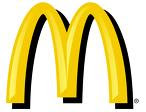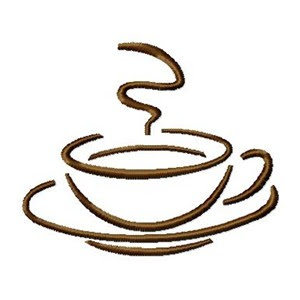
Anthropologist Mary Douglas argues that we may share a drink (coffee, tea, or something at a bar) with acquaintances, but we share our meals with those with whom we share an intimacy. The
"Unremarkable Dining Experience" documents a series of families during their evening meal. By using the photographs, we can glean a large amount of information -- from who is at the table (is there a table!), where they are eating it, the surroundings, and what they are eating. Which photograph best represents your dinner experience and why? If none of them do, how is yours different?






